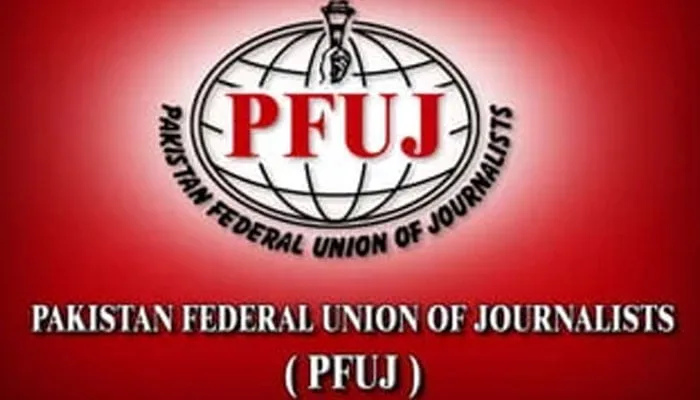In a significant move, major journalistic organizations have declared the Punjab government’s controversial defamation law as anti-human and announced their intention to take legal action against it. This decision follows the recent approval of the Defamation Bill 2024 by the Acting Governor of Punjab, Malik Ahmad Khan.
Unified Stand Against the Bill
A meeting of the Joint Action Committee on Journalism was held, bringing together representatives from prominent journalistic bodies including the Council of Pakistan Newspaper Editors (CPNE), All Pakistan Newspapers Society (APNS), Association of Media Editors and News Directors (AMEND), Pakistan Broadcasters Association (PBA), Pakistan Federal Union of Journalists (PFUJ), and various Press Clubs.
During this meeting, a unified and phased approach to protest the bill was outlined. The committee announced a joint struggle, aiming to implement various protest measures gradually.
Planned Protest Measures
The organizations have decided on several steps to combat the bill:
Legal Action: They agreed to initiate legal proceedings against the bill, in consultation with political parties not aligned with the government coalition, human rights organizations, and bar councils.
Boycott: A decision was made to boycott government events, budget meetings, and activities organized by the government coalition, emphasizing their strong opposition to the new law.
Details of the Defamation Bill 2024
The Defamation Bill 2024, now a formal law, extends to print, electronic, and social media. Key features of the bill include:
- Scope: The bill targets false and untrue news spread across various media platforms, including YouTube and other social media channels.
- Personal and Public Harm: It covers news spread with the intention to harm personal life or public reputation.
- Tribunals: Special tribunals will be established to handle defamation cases, which are required to deliver decisions within six months.
- Compensation: The bill stipulates a compensation amount of Rs 30 lakh for proven defamation cases.
Journalists’ Concerns
Journalistic organizations have voiced strong concerns over the implications of this bill. They argue that it threatens press freedom and could be used to stifle dissent and critique of the government. The rapid passage of the bill and the perceived lack of consultation with media stakeholders have exacerbated these concerns.
Background of the Legislation
The Defamation Bill 2024 was passed by the Punjab Assembly and subsequently signed into law by Acting Governor Malik Ahmad Khan. Proponents of the bill argue that it is necessary to combat the spread of fake news and protect individuals’ reputations. However, critics, including a broad spectrum of journalistic bodies and human rights organizations, see it as a draconian measure aimed at curbing free speech and press freedom.
The confrontation between the Punjab government and journalistic organizations over the Defamation Bill 2024 is set to escalate. As the journalistic bodies prepare for legal and protest actions, the outcome of this conflict will significantly impact the future landscape of media freedom in Punjab and potentially across Pakistan. The unified stance of these organizations underscores the gravity with which they view this legislation and their commitment to preserving the integrity and freedom of the press.



